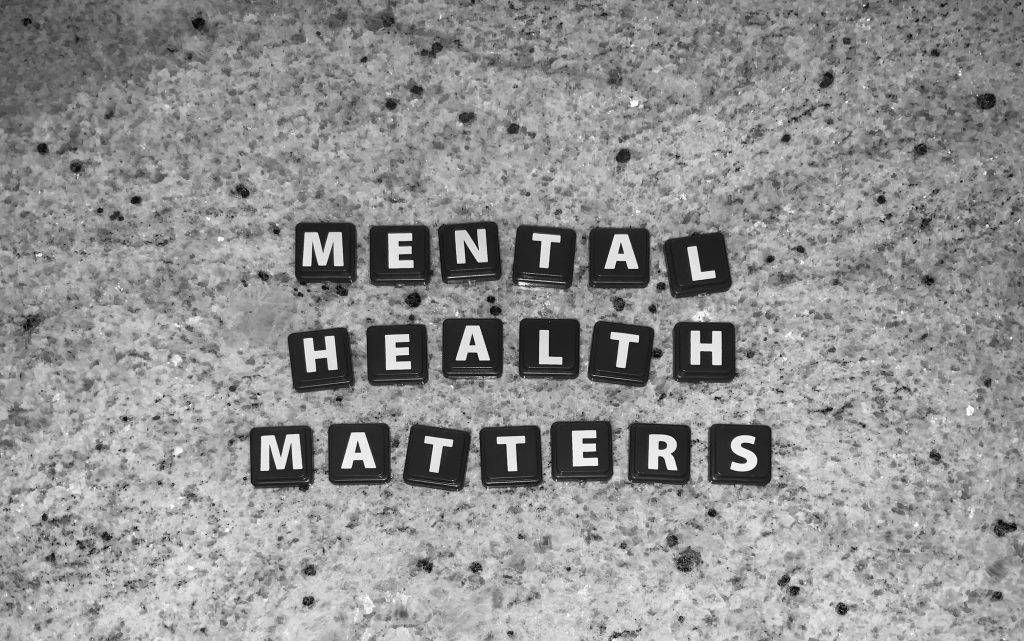Obsession and compulsion are the main symptoms
One of the challenges in recognising alcoholism as a disease is that it does not appear to be one. It doesn’t look, sound, or smell like a disease, and it certainly doesn’t act like one. To make matters worse, it frequently denies its existence and resists treatment.
Professional medical organisations have long recognised alcoholism as a primary, chronic, progressive, and sometimes fatal disease. The most basic definition is a mental obsession that leads to a physical compulsion to drink.
Mental obsession
Obsession with the mind? Have you ever woken up in the middle of the night with a song stuck in your head? It could have been a commercial jingle or a song on the radio, but it kept playing… and playing… and playing.
Remember how that felt? Whatever you did, that silly tune kept playing. You could whistle, sing another song, or turn on the radio and listen to a different song, but the one in your head kept playing. Consider this. Something was going on in your head that you didn’t put there and couldn’t get out, no matter how hard you tried! That’s what obsession feels like!
A mental obsession is a thought process that you have no control over.
This is the nature of the alcoholism disease. When the drinking “song” begins to play in an alcoholic’s mind, he is powerless. He didn’t put the song there – having another drink was the only way to stop it.
The issue is that the alcoholic’s mental obsession with alcohol is far more subtle than a song playing in his head. He might not even realise it’s there. All he knows is that he has a sudden urge to drink—a physical compulsion to drink.

The Effect of Repeated Use on the Reward System
When someone consumes alcohol or drugs such as opioids or cocaine, it causes a pleasurable surge of dopamine in the brain’s basal ganglia, which is responsible for controlling reward and the ability to learn based on rewards.
With continued use, the nerve cells in the basal ganglia “scale back” their sensitivity to dopamine, reducing alcohol’s ability to produce the same “high” that it once did. This is known as developing an alcohol tolerance, and it makes drinkers consume more alcohol to experience the same euphoria they once did.
How Alcohol Affects Quality of Life
Dopamine neurotransmitters are also involved in the ability to feel pleasure from everyday activities such as eating, having sex, and engaging in social interaction.
When substance abuse or addiction disrupts this reward system, the person may begin to enjoy life less and less, even when they aren’t drinking or using drugs.
Drinking Cues
Another change that chronic drinking can cause is for the brain to “train” itself to associate the pleasure obtained from drinking with other “cues” in the drinker’s life. Friends they drink with, places they drink, glasses or containers they drink from, and any rituals they practice concerning their drinking can all become associated with the pleasure they feel when drinking.
Because there are so many cues in their life that remind them of their drinking, it becomes increasingly difficult for them not to think about drinking.
Drive to Avoid Pain
While dopamine transmitters in the brain drive us to seek pleasure, stress neurotransmitters in the brain’s extended amygdala region drive us to avoid pain and unpleasant experiences. They work together to compel us to act.
According to research, substance abuse, including alcohol use disorders, can disrupt the normal balance between these two basic drives.
Avoiding the Pain of Withdrawal Pain
The drinker experiences increasing distress when they are not drinking as their alcohol use disorder progresses from mild to moderate to severe. Alcohol withdrawal symptoms can be highly uncomfortable and painful.
Alcoholism progresses to the point where the only way to alleviate the discomfort of withdrawal symptoms is to consume more alcohol.
At this point, the person is no longer drinking for pleasure. Drinking may no longer provide any pleasure at all. The drinker consumes to relieve pain, not to get high.

The Addiction Cycle
Because of their tolerance, alcoholics can no longer achieve the highs they once did, but the lows they experience when not drinking become lower and lower. Other activities in life that used to bring pleasure and balance out the lows no longer do so.
When the drinkers were still relatively healthy, they could control their urge to drink because their prefrontal cortex’s judgment and decision-making circuits would balance out those impulses. Their substance abuse, on the other hand, has disrupted their prefrontal circuits.
When this occurs, studies show that alcoholics and addicts have a reduced ability to control their powerful urge to use, even when they are aware that stopping is in their best interests. Their reward system has become pathological or diseased at this point.
Compromised Self-Control
Substance use disorders are said to involve compromised self-control. It’s not a total loss of autonomy; addicted people are still responsible for their actions, but they are much less able to overcome the strong urge to use alcohol or drugs to ease the symptoms of withdrawal.
Even if they can resist using drugs or alcohol for a while, the ongoing cravings brought on by the numerous cues in their lives may eventually erode their resolve, leading to a return to substance use or relapse.
How the Disease Progresses
The disease’s progressive nature exacerbates the situation. Taking one or two drinks may be all that is required to stop the “song” in its early stages. But it soon becomes six or seven, and then ten or twelve. The song stops somewhere down the road only when the person passes out.
The progression of the disease is so subtle and usually occurs over such a long period that even the alcoholic himself may have missed the point at which he lost control of his life and alcohol took over.
It’s no surprise that denial is a nearly universal symptom of the disease. Help may be as close as a phone call away for those who have realised they have a problem.
If you or a loved one is struggling with an addiction, call Freephone at 0800 140 4044
Freephone: 0800 140 4044
Local rate: 0300 330 3040
Contact us here to find out more

